系列報導 | 澳大利亞塔州中國佛教學院〝2025乙巳鳴鐘迎新春法會〞本地土著長者Aunty Jan Langridge 歡迎來到國家儀式

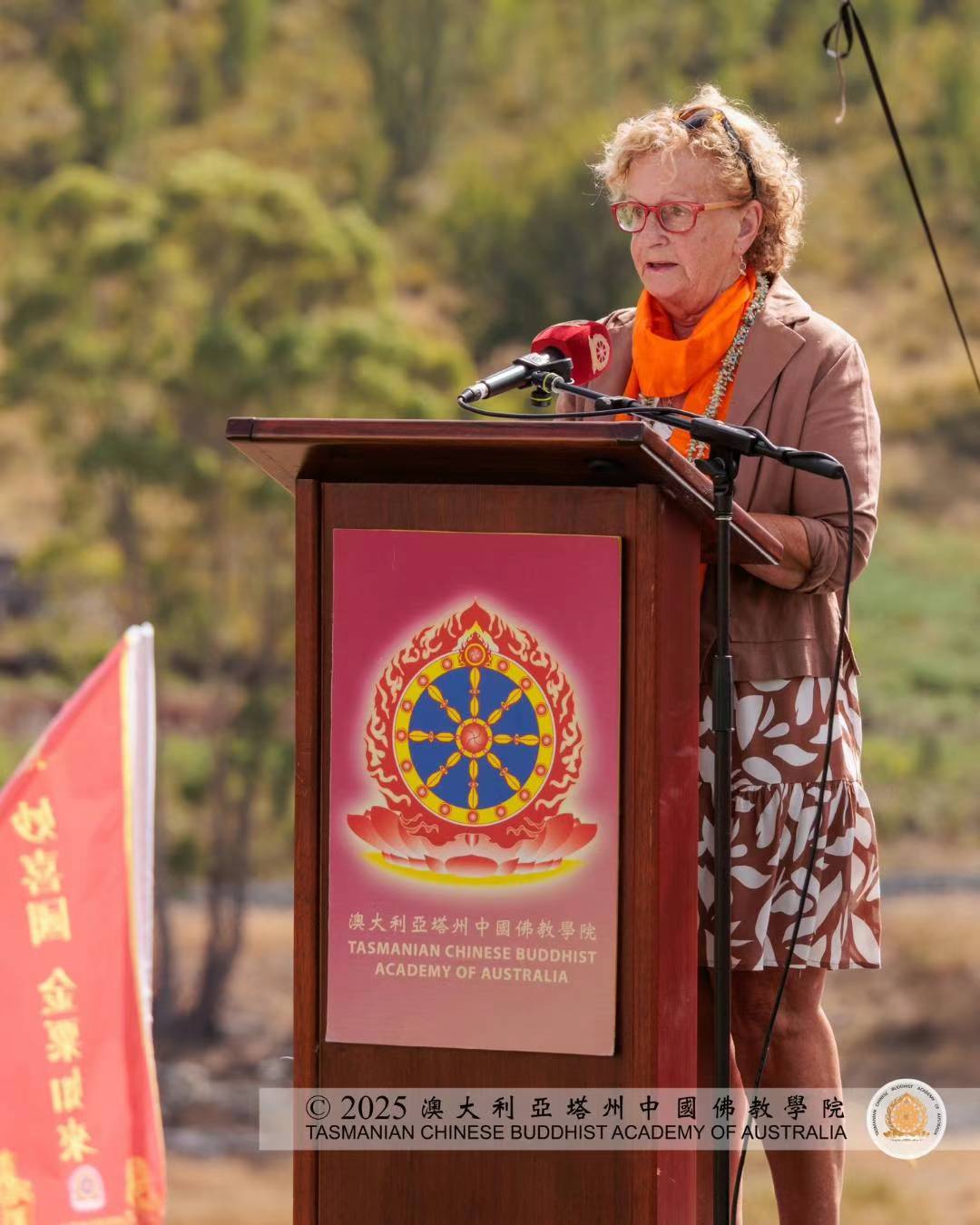
澳大利亞塔州中國佛教學院
〝2025乙巳鳴鐘迎新春法會〞
土著長者Aunty Jan Langridge
歡迎來到國家儀式
2025年2月1日
[Palawa kani]
大家好,歡迎光臨。
[Palawa kani]
我說的是帕拉瓦卡尼語,這是塔斯馬尼亞原住民現在所使用的語言。
[Palawa kani]
我們始終行走在這片土地上,追隨祖先的腳步,頑強地生存在地球母親這片土地上,用心呵護我們的文化,並永遠感恩那些賦予我們文化的人。
行走,讓我能夠更潛心傾聽。突然,我所有的祖先都在我身後。〝安靜〞,他們說,〝觀察和傾聽。你是千人之愛的成果〞。
[Palawa kani]
我很榮幸今年能再次來到這裡,歡迎大家來到土著之地。無論你在盧特魯維塔的哪裡,你都站在聖地上;我們深知對這片土地要有敬畏之心,因為自古以來,當我們的先父、先母們從睡夢中醒來之後,就生活在這裡,並以他們的文化和習俗滋養了這片土地。
因為我們是世界上現存最古老的文化,作為最早的民族和這片土地的傳統守護者,如今我們與世人分享我們的文化。因此,當我今天帶著這些先祖的精神向你們講話時,讓我們首先記住、尊重和承認被侵佔前擁有這一地區的部落,即穆赫涅納人,並尊重所有先祖,盧特魯維塔各地的所有部落,他們曾為我們的人民和國家而艱苦奮戰,我向以上所有人致敬。在我承認他們的同時,我也對今天的巴拉望原住民社區表示敬意,他們是盧特魯維塔的持續和終身守護人,我向他們致敬。
我向我過去和現在的長者們致敬,以及未來的長者們致敬。因為對我們來說,我們的長者是我們知識、文化和傳統的守護者,他們是我們最重要的歷史傳承者,我向他們致敬。
我還要向那些在族裔、宗教或語言上屬於少數群體的人表示致敬,他們被剝奪了享受他們自己文化的權利,以及公開信奉他們的宗教和使用他們自己語言的權利;並向許多能夠繼續支援我和我的社區的非原住民表示感謝和敬意。
感謝今天在場的各位,我向你們所有人致敬。
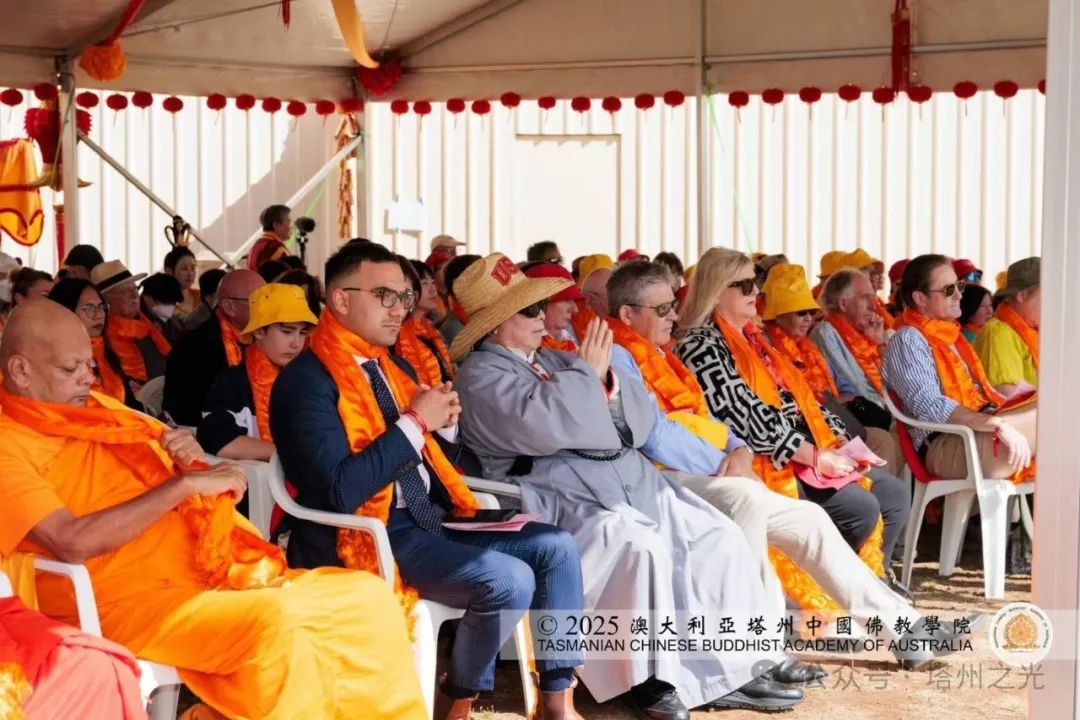
[Palawa kani]
當我們今天聚集在這裡時,我歡迎大家來到我們祖先的精神家園——盧特魯維塔的穆赫涅納人民和巴拉瓦人民的國家,並承認我們正站在這千年足跡的土地之上。這是我的祖先生活了數千年的地方,雖然他們已經逝去,但他們的精神現已深入這個國家。
[Palawa kani]
這片土地是我們的國家。
[Palawa kani]
這個國家就是我們。
衆所周知,我們不同的文化中有很多相似之處和相同的信仰,而土著精神是我們的文化和社區的基礎。我們的信仰體系指導我們的道德、價值觀、傳統和習俗,以確保與周圍世界保持一個健康與平衡的關係。
我們沿著祖先們的足跡形成了我們今天的文化,在這個國家,祖先們與土地、水道、動物、植物以及天空身心相交,並與之相連。我們之所以能夠得以生存並變得更強大,是因為我們的文化如同你們的文化一樣強大;我們的精神是堅韌的,我們的意志是不屈不撓的。
所以,今年到了2025,是蛇年。我也想說,對我來說,根據你們的生肖,我也是蛇年出生。所以,我和你們一起慶祝。
我們原住民也認為蛇是變革、不朽和治癒的象徵,對我們來說是一個永無止境的循環。它是博愛的象徵,也是生命誓言持之以恒的象徵。因此,正如我們所說的,Plantina 蛇自古以來就被許多國家作為力量、創造力、連續性的象徵。
你可能聽說過,在原住民社會中,蛇被稱為彩虹蛇,它代表了大自然和精神世界中偉大而強大的力量之一。所謂的精神之旅是一個不斷放棄的過程——棄舊迎新。
在結束之前,我想對王大師和佛學院說,再次感謝你們邀請我參加你們的特別慶祝活動;謝謝你們對我的尊重和熱情;謝謝你們伸出友誼之手。因為友誼不是以時間來衡量的,而是以他們心中留下印記的大小來衡量的。我很幸運能受到你們社團的歡迎。
願和平、幸福和好運永遠與你們大家同在。就在你們慶祝中國新年,敲響和平鐘迎接蛇年之際,願引導和保護我們的聖騎士的善良精神與你們所有人同在。
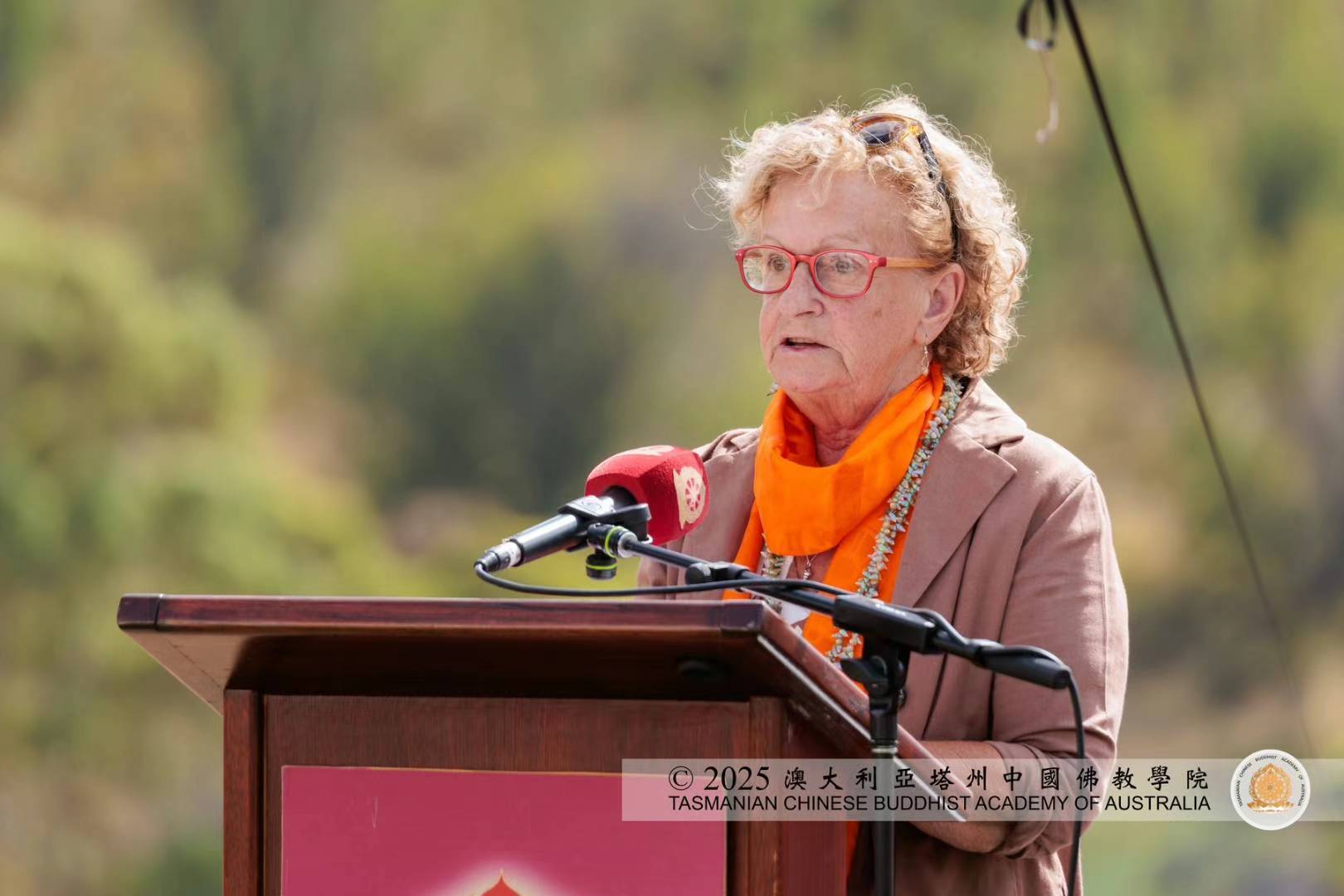
[Palawa kani]
所有原住民都相信他們的價值觀和傳統是造物主的禮物。最重要、最普遍的教義之一是,我們應該與自然世界及其所包含的一切和諧相處。所以,讓我們都對和平、和諧、健康、愛和富足保持開放的心態。
今天,我們的祖先正在載歌載舞慶祝。在我們邁向未來的過程中,我們希望,所有人都能生活在和平與和諧中,願我們的祖先為我們在地球母親帕拉瓦、盧特魯維塔、塔斯馬尼亞共同學習、成長和前進而感到自豪,這片土地一直是,也將永遠是,帕拉瓦國家,土著之地。
[Palawa kani]
謝謝!
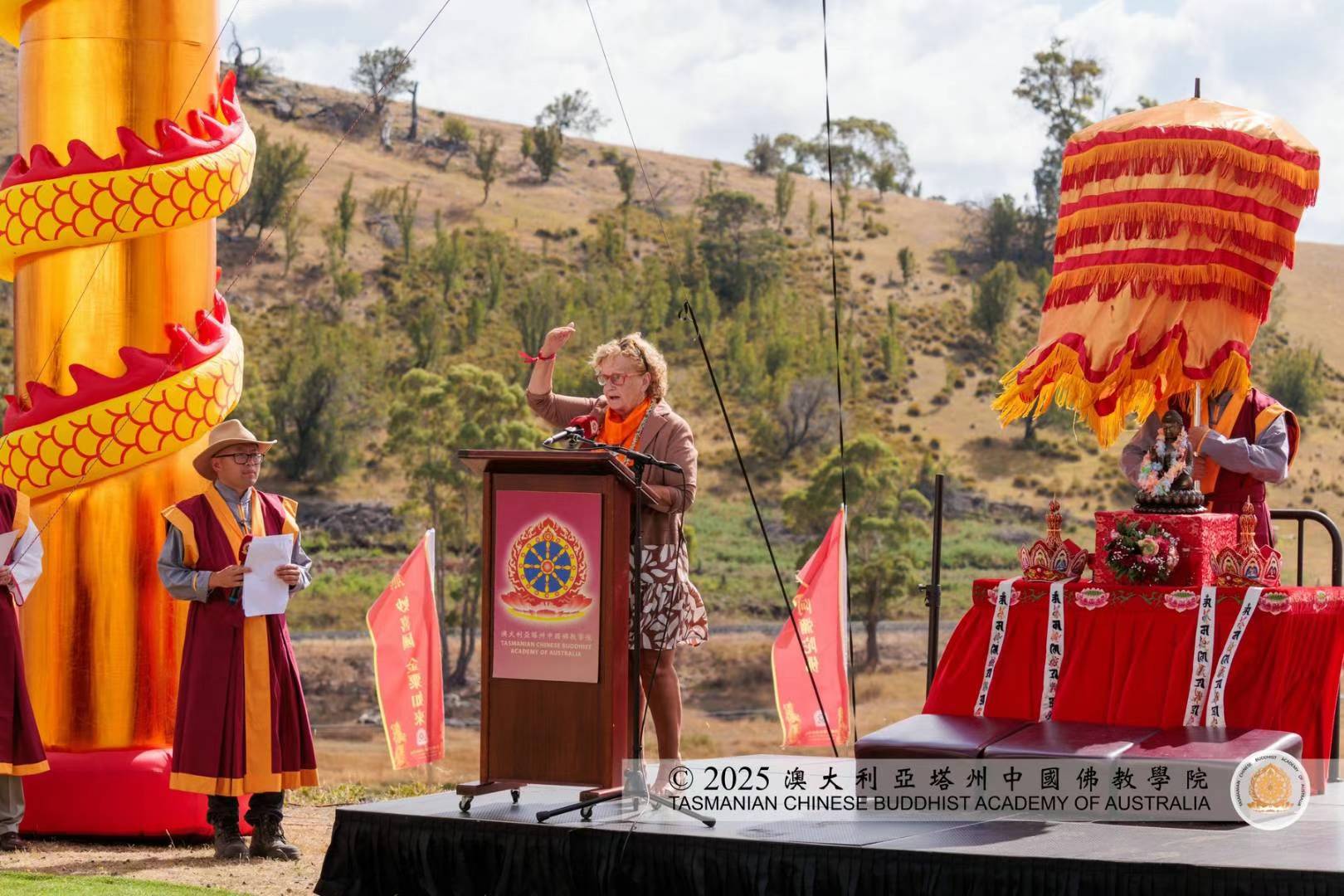
[Palawa kani]
Hello everyone and welcome.
[Palawa kani]
I am speaking Palawa kani, which is the revised language of the Tasmanian Aboriginal people.
[Palawa kani]
We have walked this land forever, following in the footsteps of our ancestors and standing strong on mother earth, holding our culture close to our hearts, and are forever grateful to those who gifted us with it.
Walking, I am listening in a deeper way. Suddenly, all my ancestors are behind me. 「Be still」, they say, 「Watch and listen. You are the result of the love of thousands」.
[Palawa kani]
I am both honoured and privileged to be here this year to once again welcome you all to Aboriginal land. And wherever you are in Lutruwita, you are standing on sacred ground; ground that we know is scared, because our old people have been here since time began, and whose cultures and customs had nurtured this land since men and women awoke from the dreaming.
For we are the oldest living culture in the world, the first peoples and the traditional custodians of the land we now all share. So, as I speak to you today with the spirit of those old people, let us firstly remember, honour and acknowledge the tribe that occupy this area prior to invasion, the Mouheneener people, as well as honouring all the old people, all the tribes across Lutruwita, who fought so hard for our people and our country, and I honour them all. And as I acknowledge them, I also acknowledge and pay respect to the Palawan Aboriginal community of today as the ongoing and lifelong custodians of Lutruwita, and I honour them.
I pay my respect to my elders, those who have returned to the dreaming and those who are present. And to the many Aboriginal people who did not reach their status. Because for us, our elders are the keepers of our knowledge, our culture and our tradition, and they are our most important story tellers, and I honour them.
I would also like to extend this acknowledgement to people who belong to ethnic, religious, or linguistic minorities, who have been denied their right to enjoy their culture, declare and practise their religion, and use their language; as well as acknowledging and paying my respect to the many non-aboriginal people who can continue to support both myself and my community.
Thank you to you all here today. I honour you all.
[Palawa kani]
As we gather here today, I welcome you all to the country of Mouheneener people and the Palawa people of Lutruwita, the spiritual Homeland of our ancestors, and recognise we are standing in footsteps that are over a millennium old. This is where my ancestors lived for thousands of years, and they are now very deep in this country, and have returned to their Dreaming.
[Palawa kani]
This land is our country.
[Palawa kani]
This country is us.
You know, we all share so many similarities and beliefs in our cultures; and aboriginal spirituality is the foundation of our culture and our community. Our belief systems guide our morals, values, traditions and customs, to ensure a healthy and balanced relationship with the world around us.
Our culture was formed in the footsteps of our ancestors, and they are one on this country, intertwined spiritually and physically, connected with the land, waterways, animals, plants and skies. And we survive and grow stronger because our culture is strong, as is yours; our spirit is resilient, and our will is indomitable.
So, as this year comes to 2025, being a year of the snake, and I'd also like to say that for me, according to your zodiac, my birth time is the year of the snake as well. So, I celebrate with you.
First Nation people too consider that the snake a symbol of transformation, immortality and healing, a never-ending cycle for us. It is a symbol of fraternity and continually in the oath of life. So, the snake, as we say, Plantina, has been used as a symbol of strength, creativity, continuity, since ancient times, across many countries.
And you may have heard, the snake referred to as the rainbow serpent, which in Aboriginal society, represents one of the great and powerful forces of nature and spirit. The spiritual journey is a continuous process of surrender—letting go of the old and embracing the new.
Before I close, I would like to say to Master Wang and the Academy, thank you once again for inviting me to share your special celebration; thank you for the respect and warmth shown to me; and thank you for extending your hand to friendship. Because friendships aren't measured by time, they are measured by the size of imprint that leave on their hearts, and I'm so blessed to be welcomed into your community.
May peace, happiness, and good fortune be with you always. May the blessings of our good spirit, Paladin, who guides and protects us be with you all, as you celebrate the Chinese New Year, sounding the Peace Bell to welcome the Year of the Snake.
[Palawa kani]
All First Nations people believe their values and traditions are gifts from the Creator. And one of the most important, most common teachings was that we should live in harmony with the natural world and what it contained. So, let us all keep open minds to peace, harmony, health, love and abundance.
And today, our ancestors are singing and dancing with celebration. And as we move forward into the future, it is our hope that, may all live in peace and harmony, and may our ancestors find pride in bringing us together as we all learn, grow and walk together on mother earth, Palawa, Lutruwita, Tasmania, a land that always was, and always will be, Palawa country, Aboriginal land.
[Palawa kani]
Thank you.

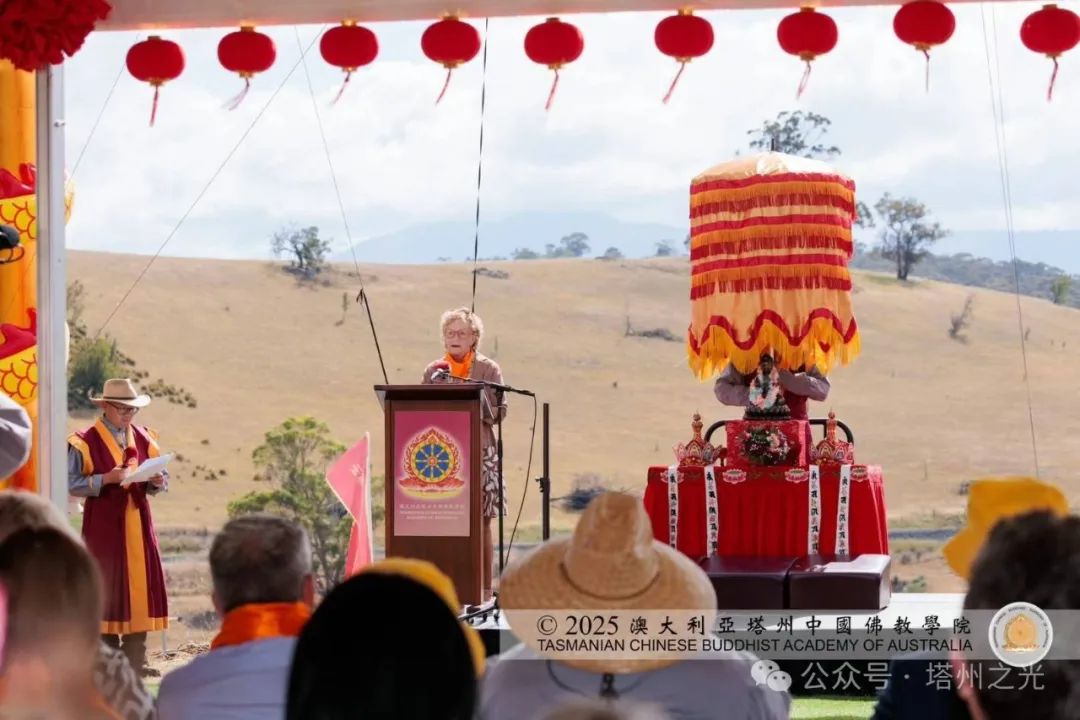
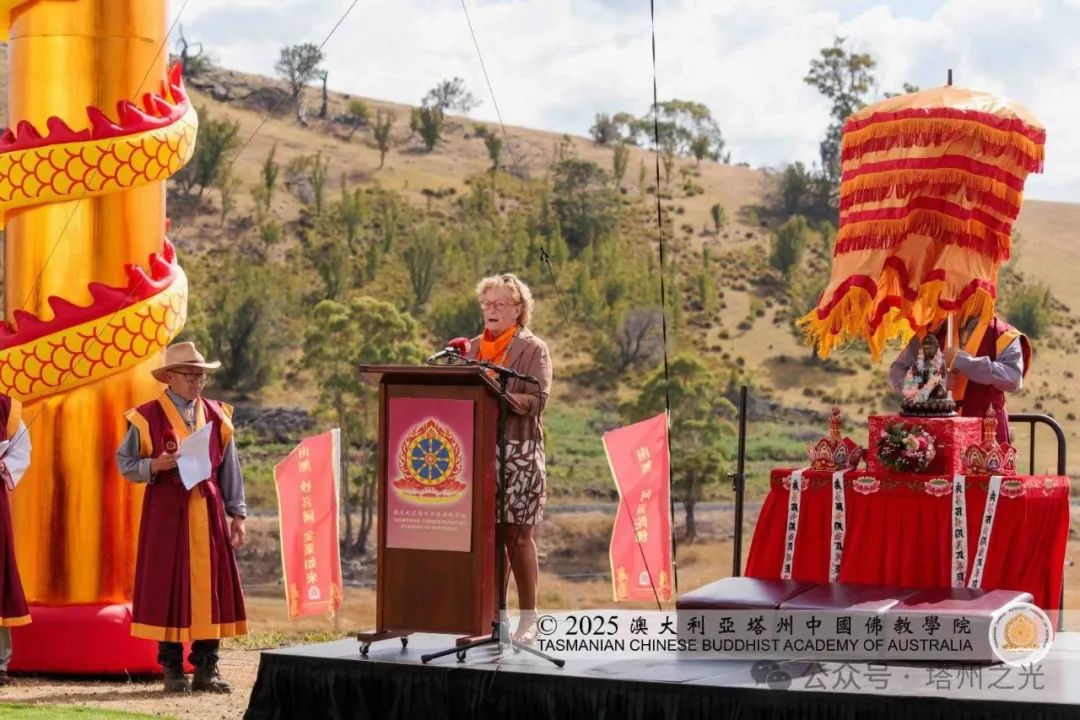
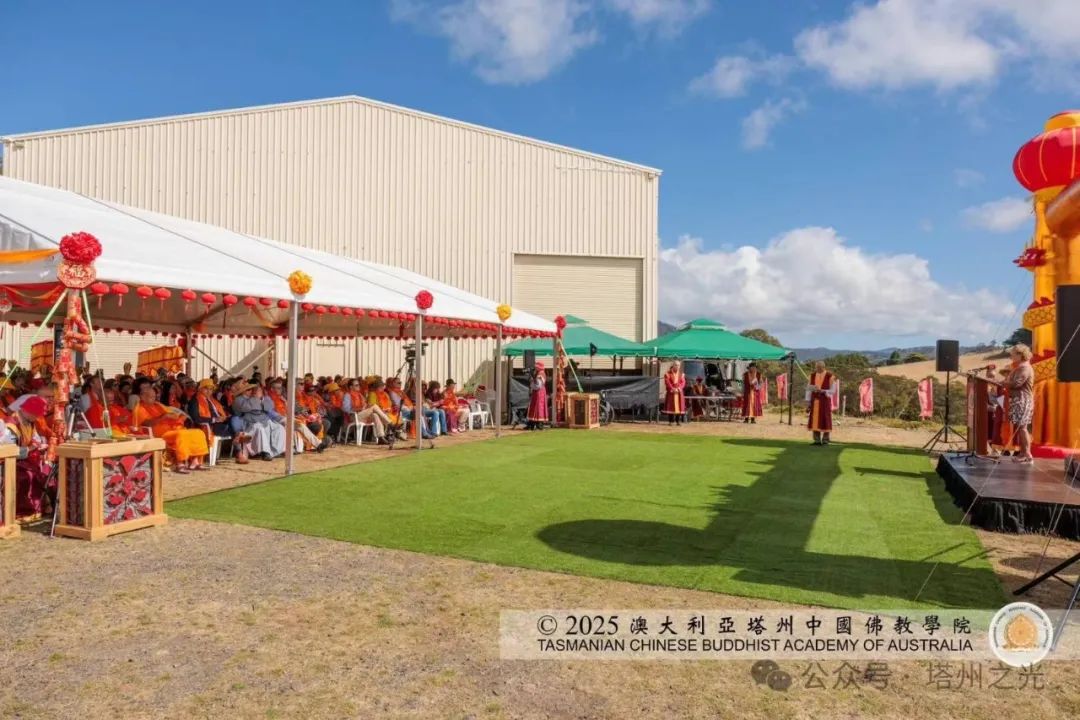
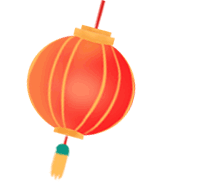
《塔州之光》:網頁連結
Last updated:
Copyright © 1991- Jin-Gang-Dhyana Incorporated

|



